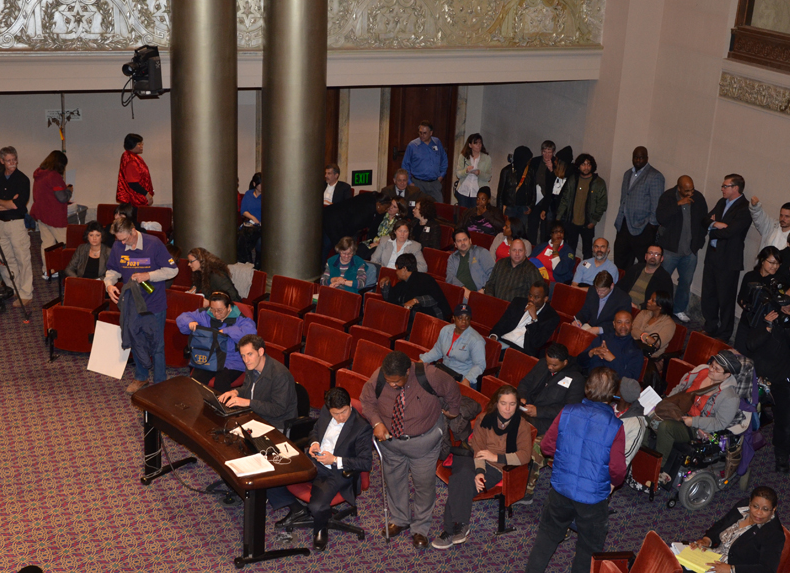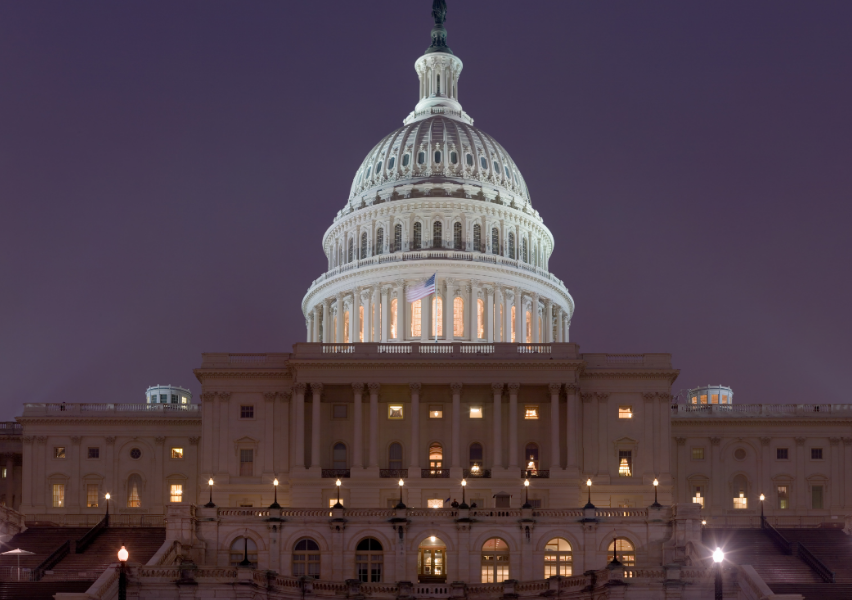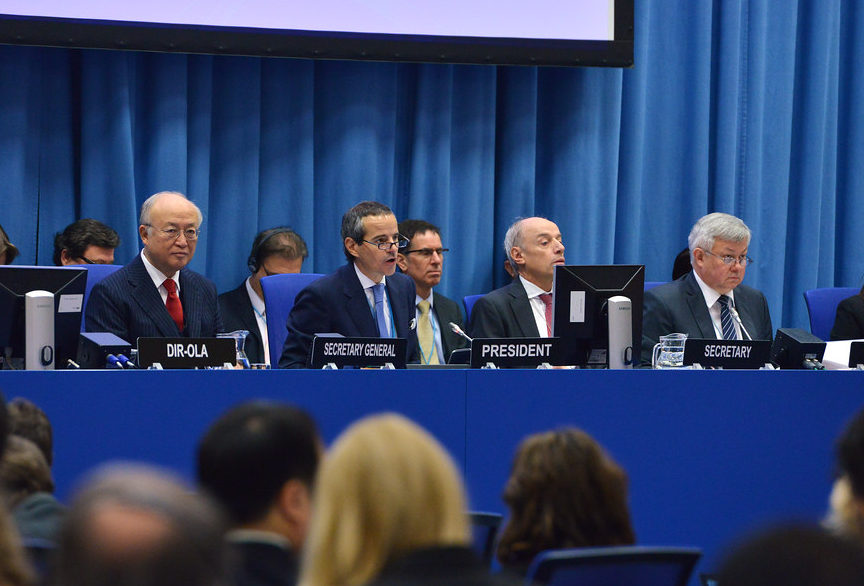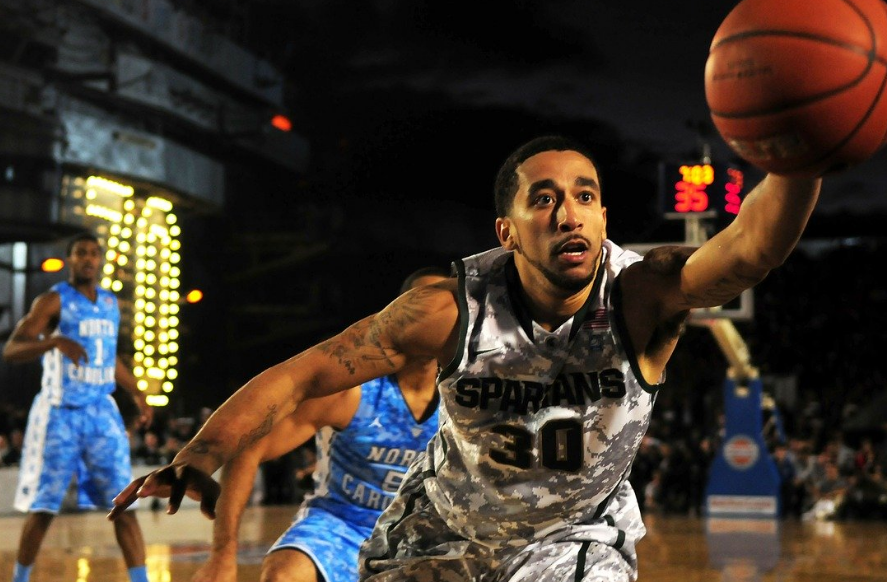Macau gamblers locked themselves out of casinos at the fastest pace ever in 2025. The city’s gaming regulator received 952 self-exclusion requests during the year, a stunning 68% jump from 2024 and the highest number since the program began in 2012.
The Gaming Inspection and Coordination Bureau, known as DICJ, released the figures this week. They show that people in Macau are now more willing than ever to ask the government to ban them from every casino in the city for at least two years.
The 952 applications smashed every previous annual total. Before 2025, the highest number was 568 in 2023. Last year’s total of 568 already felt high, but 2025 blew past that mark by almost 400 cases.
Who Asked to Be Banned
Most people took the step themselves. Out of the 952 requests, 828 came directly from the gamblers. That is 87% of the total and another all-time record.
Family members also stepped in more often. Third-party applications, usually filed by spouses or parents, rose to 124 cases. That more than doubled the 2024 figure.
Men still make up the majority of applicants, but women now account for nearly one in four requests, the highest share ever recorded.

Why the Numbers Spiked Now
The surge started building in the middle of the year. The third quarter alone saw 236 applications, with October hitting a single-month peak not seen in years.
Industry watchers point to several triggers:
- Casino revenue finally returned to pre-pandemic levels in 2024 and kept climbing in 2025, pulling more local residents back to the tables.
- Aggressive junket marketing shifted toward Macau citizens after mainland Chinese high-rollers tightened their spending.
- New digital payment options inside casinos made it easier to lose track of money fast.
One social worker who helps problem gamblers told reporters that many clients say they only realized how much they were spending when the economy fully reopened and the crowds came back.
How Self-Exclusion Works in Macau
The process is simple and free. A person walks into any DICJ office, fills out a short form, and gets photographed. From that moment, every casino in Macau must refuse them entry for a minimum of two years. The ban can be extended or made permanent.
Casinos face heavy fines if they let a listed person inside. Security staff check IDs against the self-exclusion database at every door and VIP room entrance.
Broader Push to Tackle Gambling Harm
The record numbers come as the Macau government rolls out tougher responsible gaming rules that started in late 2024. Casinos now have to train more staff to spot problem gambling signs and offer help on the spot.
Banks and payment platforms also began sending spending alerts to customers who move large amounts to casino accounts. Some locals say those warnings pushed them to finally sign up for self-exclusion.
The six casino giants that run Macau’s 41 gaming floors say they support the program. Several operators have quietly increased funding for counseling hotlines this year.
The sudden flood of applications has caught many by surprise in a city that still celebrates gambling as its biggest industry. Yet for hundreds of residents, 2025 became the year they decided the doors had to close on them, even if it took the government to turn the key.








